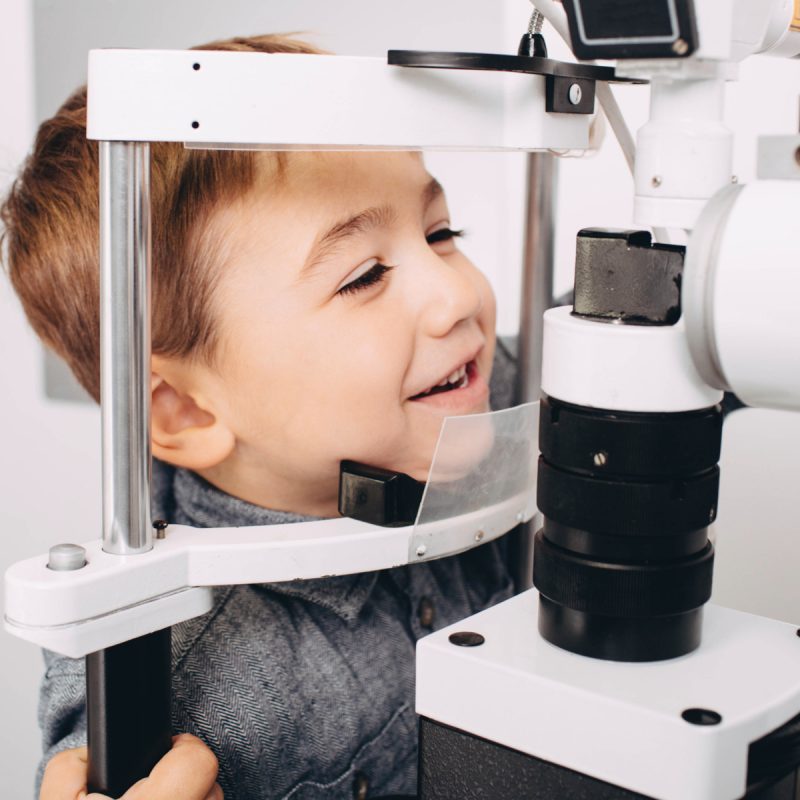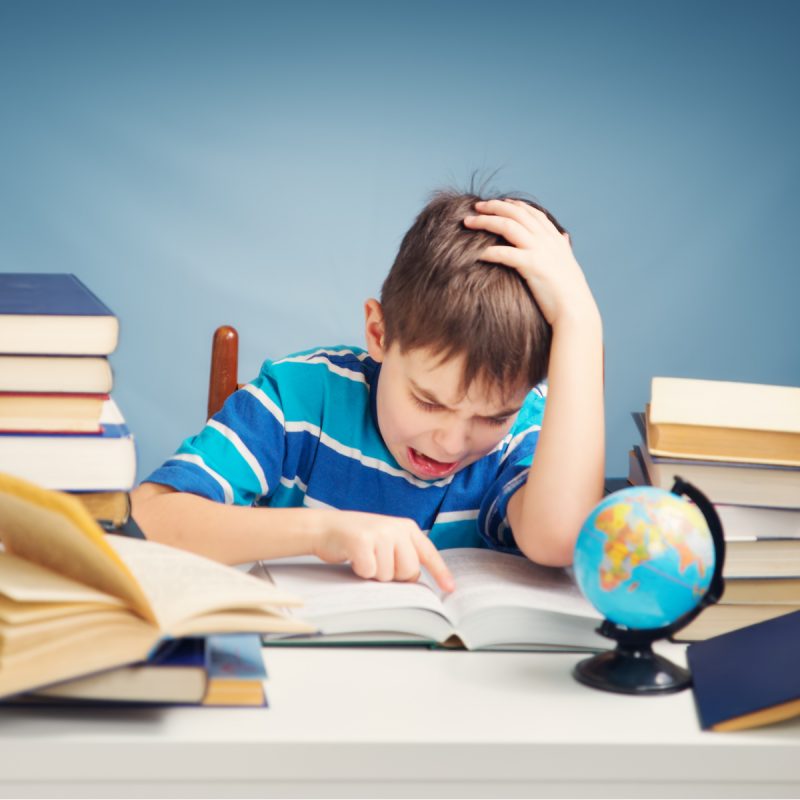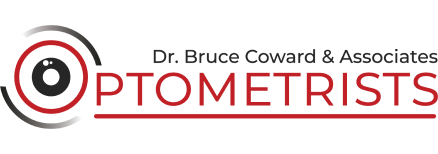Children’s vision
Vision is one of a child’s most important learning tools. From the time they can focus, they start watching everything around them and learning from it. That’s why, at Dr. Coward and Associates, we feel it’s important to ensure everything is functioning correctly with their eyes and vision. During a child’s first years, they might not have the words to tell you if something is wrong with their vision and even as they get older, they won’t necessarily realize if something is out of the ordinary.
Testing your child’s vision
That is why our Optometrists recommend that your child should be seen between 6 and 9 months old when they come for their first children’s eye exam. That may seem very early, but it’s the perfect time for our Eye Doctors to check for certain pediatric vision problems. Amblyopia, also known as lazy eye, is a common condition that needs to be diagnosed by an Optometrist as early as possible, so that it can be treated immediately, before it leads to potential vision loss and poor 3D vision. Other common conditions we check for in children are glaucoma, retinopathy of prematurity, corneal abrasions and ocular surface disease.
As your child grows older

Once that initial eye exam is out of the way, you will be advised to bring them back to Dr. Coward and Associates in Belleville, Trenton and Brighton for their next OHIP insured children’s eye exam when they are 2 years old, and yearly thereafter to monitor their development.
With many children now spending time looking at a screen from a young age, it’s now more important than ever, to keep a careful watch on their vision and eye health. Research indicates that spending more time indoors due to overuse of screens at a young age can lead to nearsightedness.
Things to look out for
There are certain things that you as a parent may pick up on when it comes to your child’s vision. The following things can be indicators of pediatric vision problems, and a sign that you should bring your child in for a check-up:
- one eye that appears turned in or out
- avoiding eye contact
- closing or covering one eye
- squinting or frowning when focussing
- lack of interest or irritation with visual activities
- lack of hand-eye coordination
- skipping lines and losing place when reading

If you notice any of these, or any other unusual behaviour that you think may be linked to your child’s eyes or vision, it’s always best to bring them in for an eye examination. Many schools have a vision screening programs in place; however, they are nowhere near as thorough as a fully comprehensive eye examination and therefore often can’t pick up on specific pediatric eye conditions.
If a vision problem remains undetected and untreated, it can actually cause similar signs and symptoms that are usually attributed to dyslexia or ADHD.
Keeping your child’s eyes healthy
At Dr. Coward and Associates we feel that the best thing you can do for your child’s vision is to limit their screen time, encourage outdoor activities, look out for any of the common signs and symptoms of vision problems, and ensure you always book in their annual eye exam. Why not contact our Optometrists in Belleville, Trenton and Brighton to check if your child is due and schedule an appointment today?

